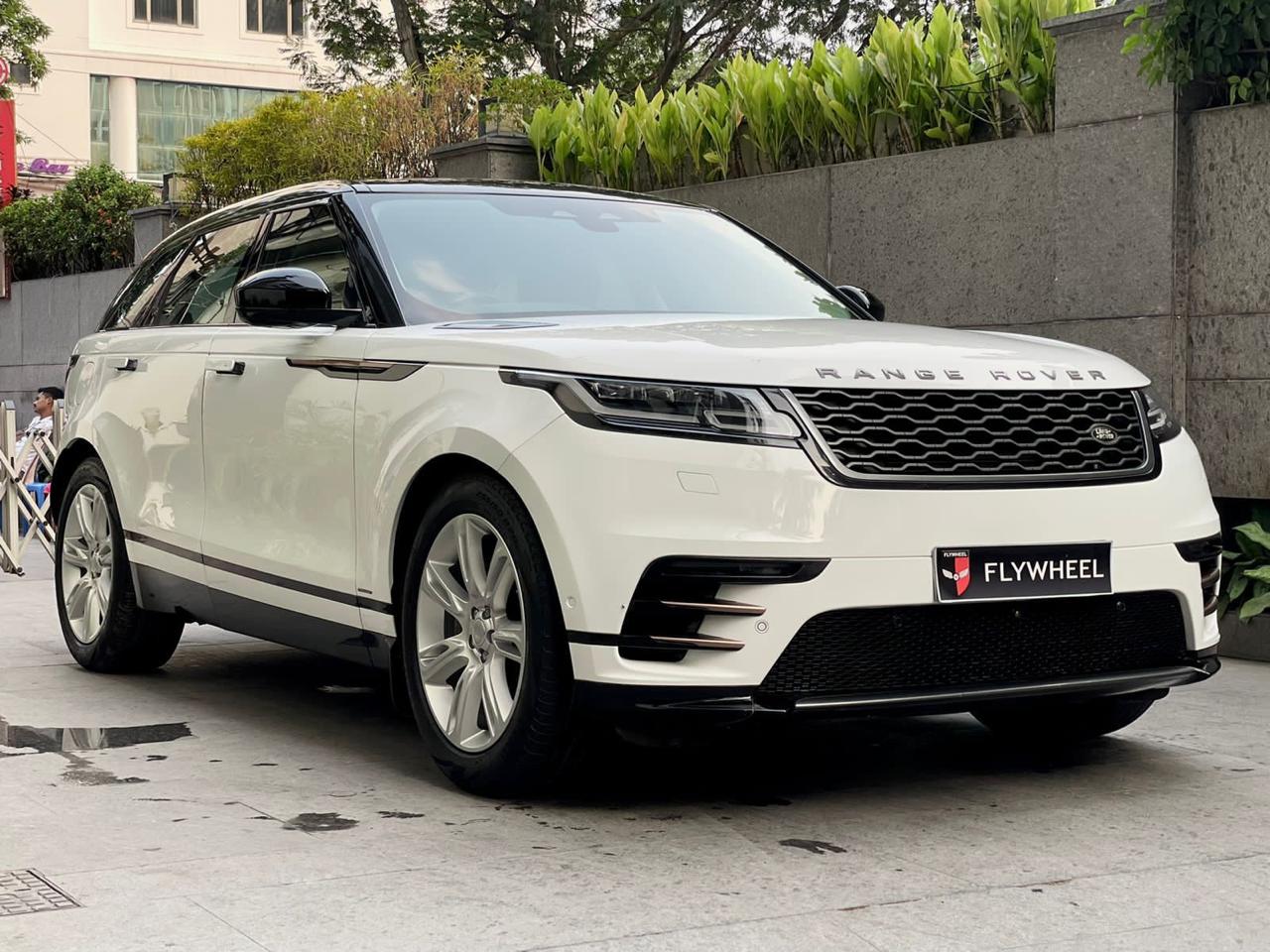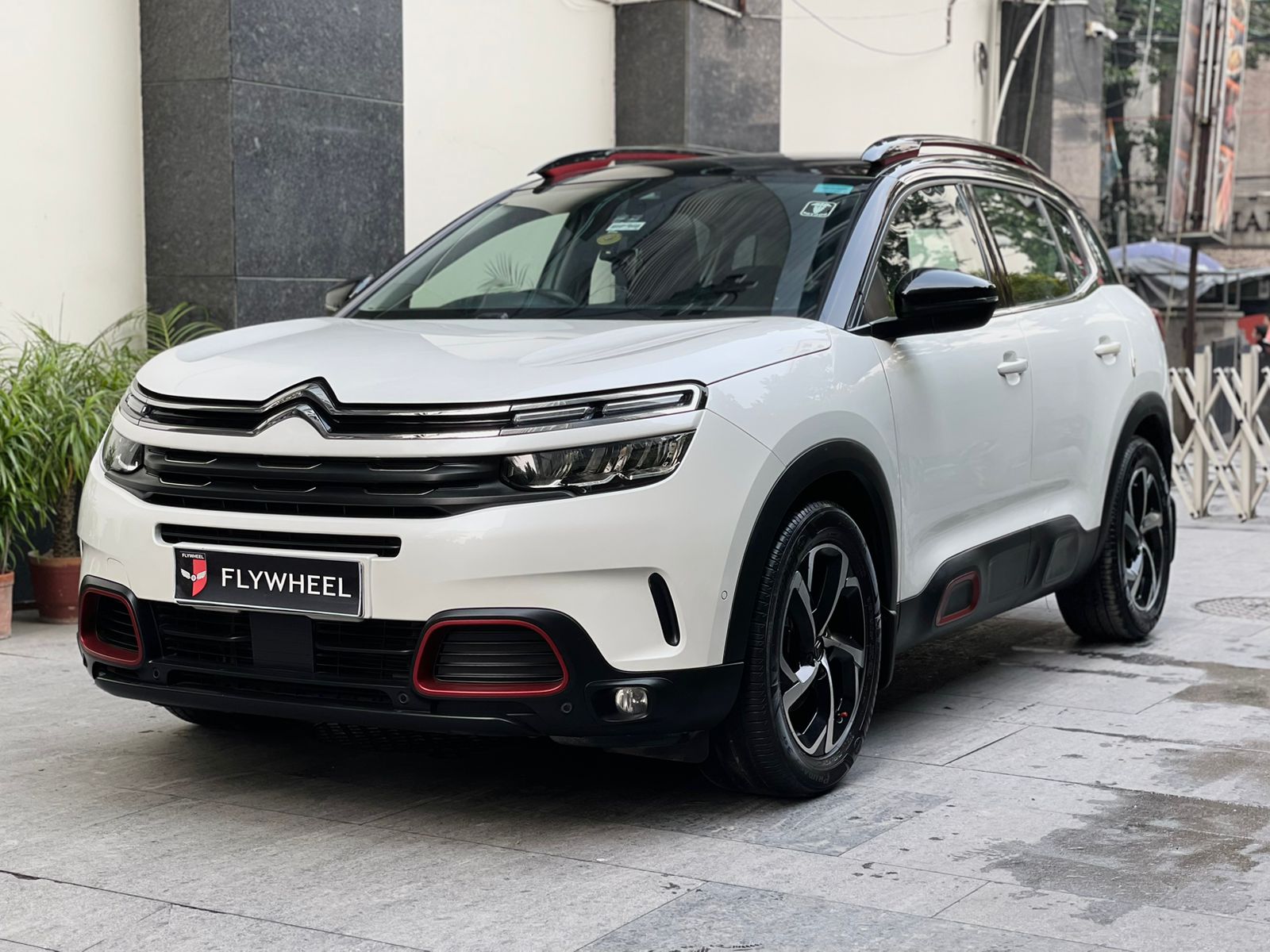
Used Cars: 10 Ultimate Guide to Buying – Expert Tips and Tricks for a Smart Purchase.
Looking for a used cars but not sure where to start? You’ve come to the right place. In this comprehensive guide, we’ll walk you through expert tips and tricks to help you make the best decision when buying a used cars. Whether you’re a first-time buyer or an experienced car shopper, the process can be overwhelming, but it doesn’t have to be. Our team of car experts has compiled years of knowledge into this ultimate guide, covering everything you need to know – from researching the right car to negotiating the best price. We understand that buying a used cars comes with its own set of challenges and risks, but with the right information and strategies, you can navigate the market with confidence. So, whether you’re looking for a budget-friendly option, a specific make and model, or simply want to upgrade your current ride, this guide will equip you with the knowledge and tools you need to make a smart and successful purchase. Get ready to hit the road in your dream car!





1. Set Your Budget:
- Determine how much you can afford.
- Consider not only the purchase price but also ongoing costs.
2. Research and Selection:
- Identify the type of vehicle you need.
- Research different makes and models.
- Create a shortlist of cars that match your criteria.
3. Vehicle History Report:
- Obtain the VIN (Vehicle Identification Number).
- Use online services to check the vehicle’s history.
- Look for accidents, title issues, and maintenance records.
4. Inspections and Test Drives:
- Arrange a professional inspection.
- Schedule test drives for your shortlisted cars.
- Pay attention to how the car handles, brakes, and accelerates.
5. Negotiating the Price:
- Be prepared to negotiate with the seller.
- Use your research to justify your offer.
- Don’t be afraid to walk away if the deal doesn’t meet your criteria.
6. Vehicle Ownership Costs:
- Consider insurance costs for the specific make and model.
- Estimate maintenance and repair expenses.
- Research fuel efficiency to understand your ongoing costs.
7. Vehicle History and Title Check:
- Verify that the vehicle has a clear title.
- Check for liens on the car.
- Ensure it’s not a stolen vehicle.
8. Know the Value of the Car:
- Utilize online valuation tools.
- Compare prices of similar models in your area.
- Negotiate based on the fair market value.
9. Vehicle Inspection by a Mechanic:
- Have a trusted mechanic inspect the car.
- Look for any hidden issues that may not be visible.
- Use the inspection report in your negotiation.
10. Vehicle’s Maintenance History:
- Review the maintenance records.
- A well-documented history is a positive sign.
- Consider the cost of any upcoming maintenance needs.
11. Review the Vehicle’s Title:
- Ensure the title is clean and in the seller’s name.
- Verify it’s not a salvage or rebuilt title.
- Confirm the VIN matches the title.
12. Warranty and Return Policies:
- Inquire about any remaining factory warranties.
- Check if the dealer or seller offers a warranty.
- Understand the return policy in case of any issues.
Why Should You Choose a Used Car? The Benefits of Smart Savings and Proven Reliability
1. Cost Savings:
One of the most significant advantages of buying a used car is the cost savings. New cars depreciate rapidly in the first few years, often losing a significant portion of their value. When you buy a used car, you let the original owner absorb the initial depreciation. This means you can get a vehicle that’s a few years old, in excellent condition, at a fraction of the price of a new one.
2. Lower Insurance Costs:
Insurance premiums for used cars are generally lower than those for new cars. Since the car’s value is lower, the cost to replace it in the event of an accident is also reduced, leading to more affordable insurance rates. This can result in significant long-term savings on your auto insurance.
3. Avoiding the New Car Depreciation Hit:
New cars can lose up to 20-30% of their value in the first year and continue to depreciate rapidly in the following years. When you buy a used car, you avoid this steep depreciation curve. Your vehicle’s value tends to stabilize, and you won’t experience the same dramatic drop in worth over time.
4. Variety of Options:
The used car market offers a wide variety of makes, models, and features to choose from. You can explore different styles, sizes, and price ranges to find the right car that suits your needs and budget. This variety can be particularly beneficial if you have specific preferences or are looking for a particular model that might no longer be in production as a new car.
5. Proven Reliability:
Used cars have a track record, and you can research their reliability and performance over the years. You can access owner reviews, reliability ratings, and repair histories to make an informed decision about the car’s dependability. This allows you to choose a model with a strong reputation for longevity and durability.
6. Reduced Registration Fees:
Many states base their registration fees on the vehicle’s age and value. Since used cars are less expensive than new ones, you’ll likely pay lower registration fees, which can be an ongoing savings.
7. Slower Rate of Depreciation:
While all cars depreciate over time, the rate of depreciation for used cars is generally slower compared to new cars. This means that your used car is likely to retain its value better over the years, which can be advantageous if you decide to sell or trade it in the future.
8. Environmentally Friendly:
Choosing a used car can be a more environmentally friendly option. Manufacturing a new car requires a significant amount of energy and resources. By buying used, you help reduce the demand for new car production and its associated environmental impact.
Conclusion: With these expert tips and tricks, you can navigate the used cars buying process with confidence. Remember that thorough research, careful inspections, and effective negotiation are key to a successful purchase. By following this ultimate guide, you’ll be well-prepared to find a reliable and budget-friendly used cars that suits your needs.
By following these steps and tips, you can increase your chances of finding a reliable and cost-effective used cars that will serve you well for years to come. Happy car hunting!
reasons why buying new cars can be advantageous, regardless of the location. These reasons include:
- Latest Features and Technology: New cars often come equipped with the latest safety features, advanced technology, and modern conveniences, providing you with an up-to-date driving experience.
- Warranty and Maintenance: New cars typically come with warranties that cover repair and maintenance costs for a certain period, providing you with added peace of mind and potentially reducing out-of-pocket expenses.
- Customization Options: Buying a new car allows you to choose specific features, colors, and customization options according to your preferences, ensuring that you get the exact vehicle you want.
- Reliability and Durability: New cars haven’t undergone wear and tear, which can offer you a reliable and durable vehicle for years to come, potentially minimizing the need for frequent repairs and replacements.
- Improved Fuel Efficiency: Newer models often come with improved fuel efficiency and eco-friendly features, which can lead to long-term savings on fuel costs and reduced environmental impact.
- Financing Offers: Dealerships and manufacturers frequently offer attractive financing deals and incentives for new car purchases, including low-interest rates and special promotional offers, making it more affordable to buy a new vehicle.
When considering where to buy a new car, it’s essential to research and compare different dealerships, manufacturers, and local options to ensure you get the best possible deal and customer service.
ReadMore : FLYWHEEL
Sources – Link


